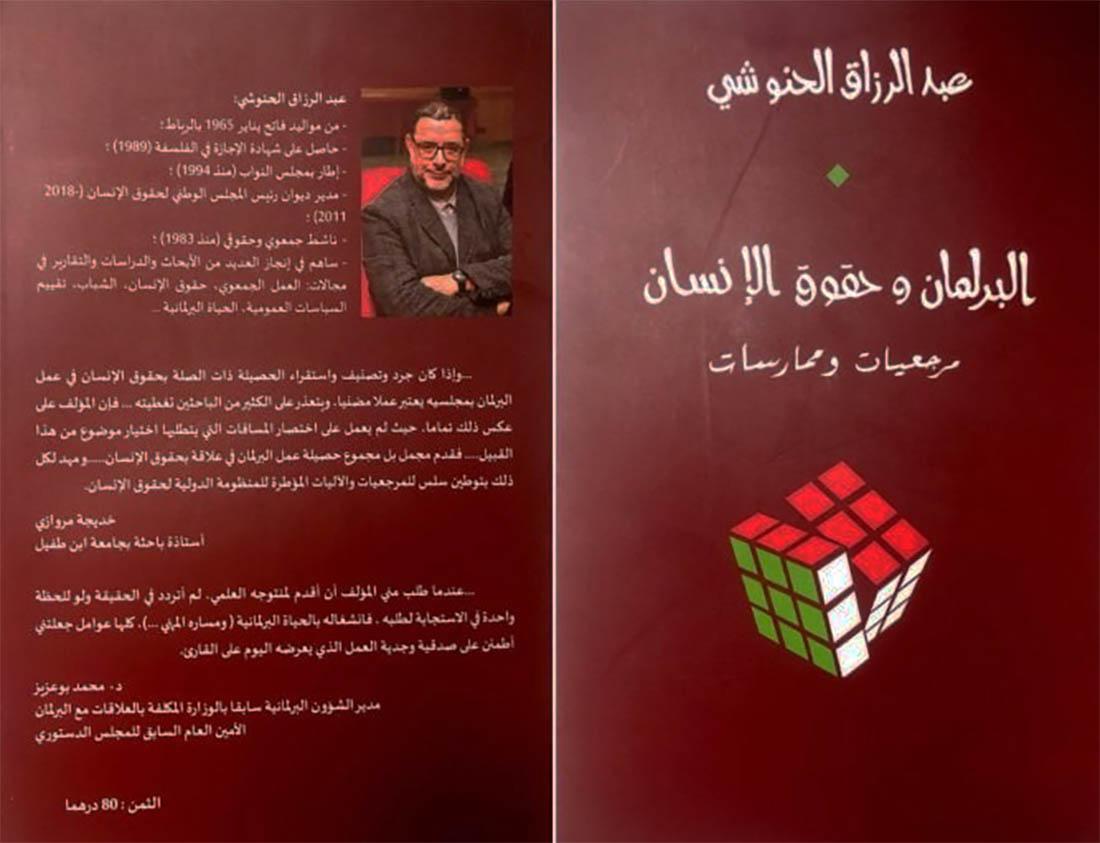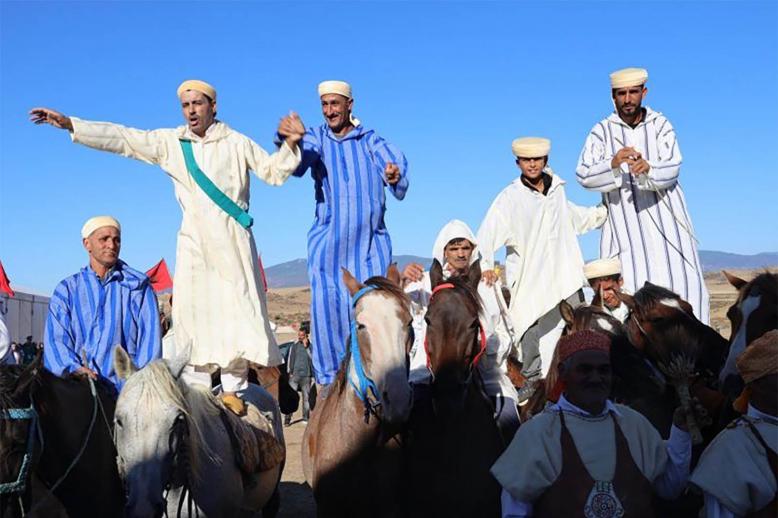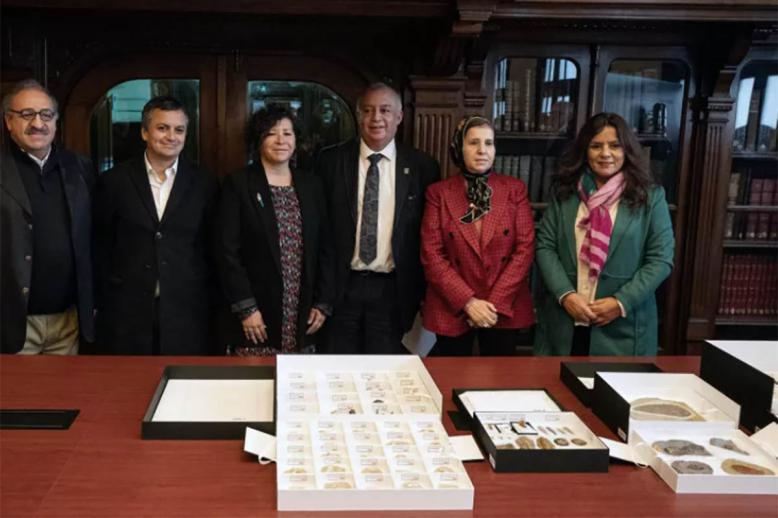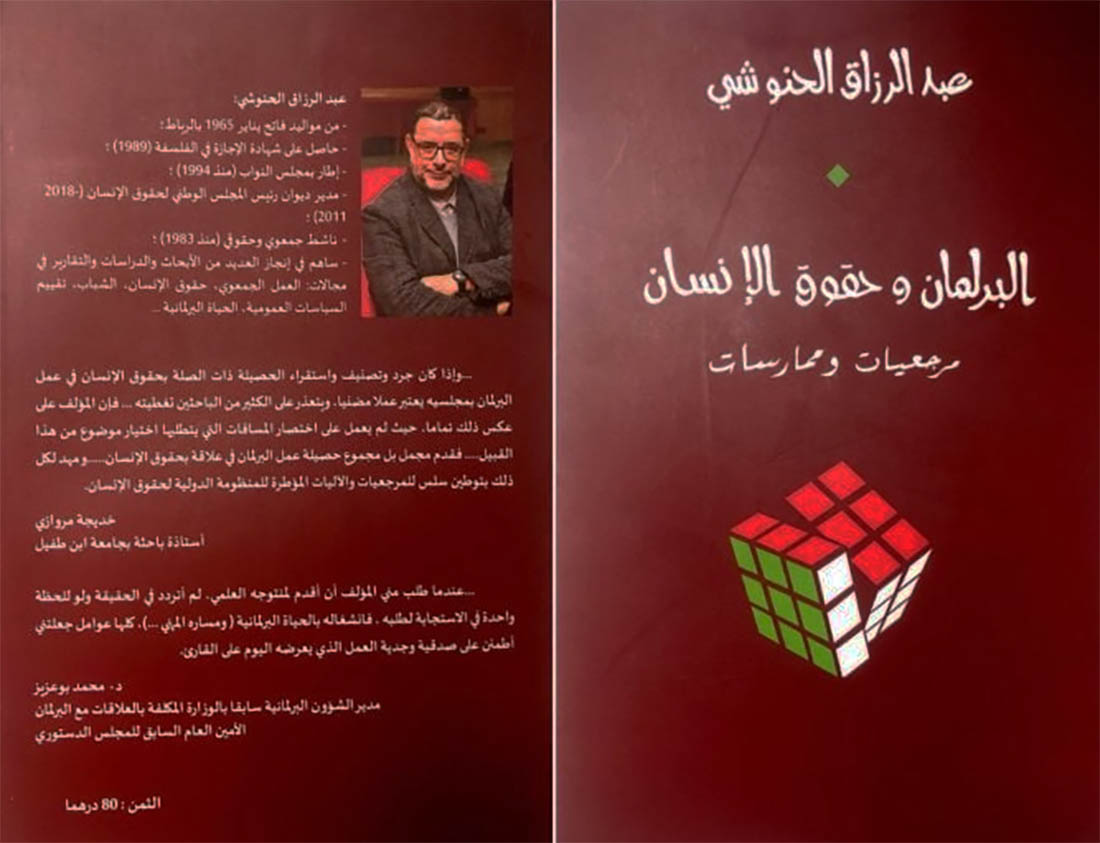“Parliament and Human Rights…References and Practices” by Abderrazzak el Hannouchi
CASABLANCA - Moroccan human rights activist Abderrazzak el Hannouchi published his book titled “Parliament and Human Rights…References and Practices” in which he emphasizes the summary of parliament with both its Houses in relation with human rights during its tenth legislature from 2016 to 2021 that was led by the Islamist Party of Justice and Development.
The content of the book comprises a set of comparative references that are meant to let the readers form their own conviction about National Law No. 76.15 about the reorganization of the National Human Rights Council which came into effect in February 2018.
The first two chapters of the book recall the main provisions of the international human rights system and the framework for parliamentary intervention in human rights matters, a relatively recent involvement which has been able to develop thanks to the efforts of the Office of the High Commissioner for Human Rights (OHCHR) and the Inter-Parliamentary Union (IPU).
The author divided the contents of his book into nine basic axes, which are the determinants of the international human rights system, the frame of reference for Parliament’s relationship with human rights, democracy, human rights and parliaments, the Moroccan Parliament and the outcome of performance in relation to human rights, the legislative outcome in the field of human rights, parliamentary questions, Fact-finding committees, exploratory missions, and finally human rights issues in Parliament’s concerns, in addition to 6 attached appendices, to enrich and enhance this edition.
Hannouchi highlights the implementation of the Belgrade Principles in Moroccan parliamentary practice, following the signing of a memorandum between the two chambers of parliament and the National Human Rights Council (CNDH) on December 10, 2014. This document formed the reference framework for the initiatives that came after that. This memorandum was later updated at the end of the tenth legislative term on June 10, 2021 and areas of cooperation were identified in accordance with the Belgrade Principles.
The author analyzes the action of the legislative institution in terms of monitoring the conventional practice of Morocco, proposals and bills in the field of human rights, alongside written and oral questions related to human rights presented to the government.
The international action of Parliament in this area is also mentioned several times, citing as an illustration the relationship with the Parliamentary Assembly of the Council of Europe (PACE), which granted Morocco the status of partner for democracy, as well as participation in major events hosted by the Kingdom, such as the World Human Rights Forum in 2014 and COP22 in 2016.
Hannouchi also evokes the preoccupation of members of the House of Representatives and Advisors with special human rights issues, including the death penalty, the right to obtain information, and initiatives parallel to Parliament in the field of its interest in human rights.
During the tenth legislative term, although the issue of abolishing the death penalty received only nine questions, the author says that this issue received remarkable attention in both the House of Representatives and the House of Advisors, through various communication, advocacy and scientific activities that were organized at the initiative of the Network of Parliamentarians, Male and Female Parliamentarians Against the Death Penalty, which had previously been proposed. It was established on February 26, 2013.
As for the right to obtain information, the author notes that most of the questions in Parliament focused primarily on the measures taken to implement Law 31.13 in practice, and have drawn attention to the obstacles that prevent citizens from being empowered with their right to obtain information, which is the right to obtain information that is considered the cornerstone of all freedoms stipulated in most international agreements and treaties.





